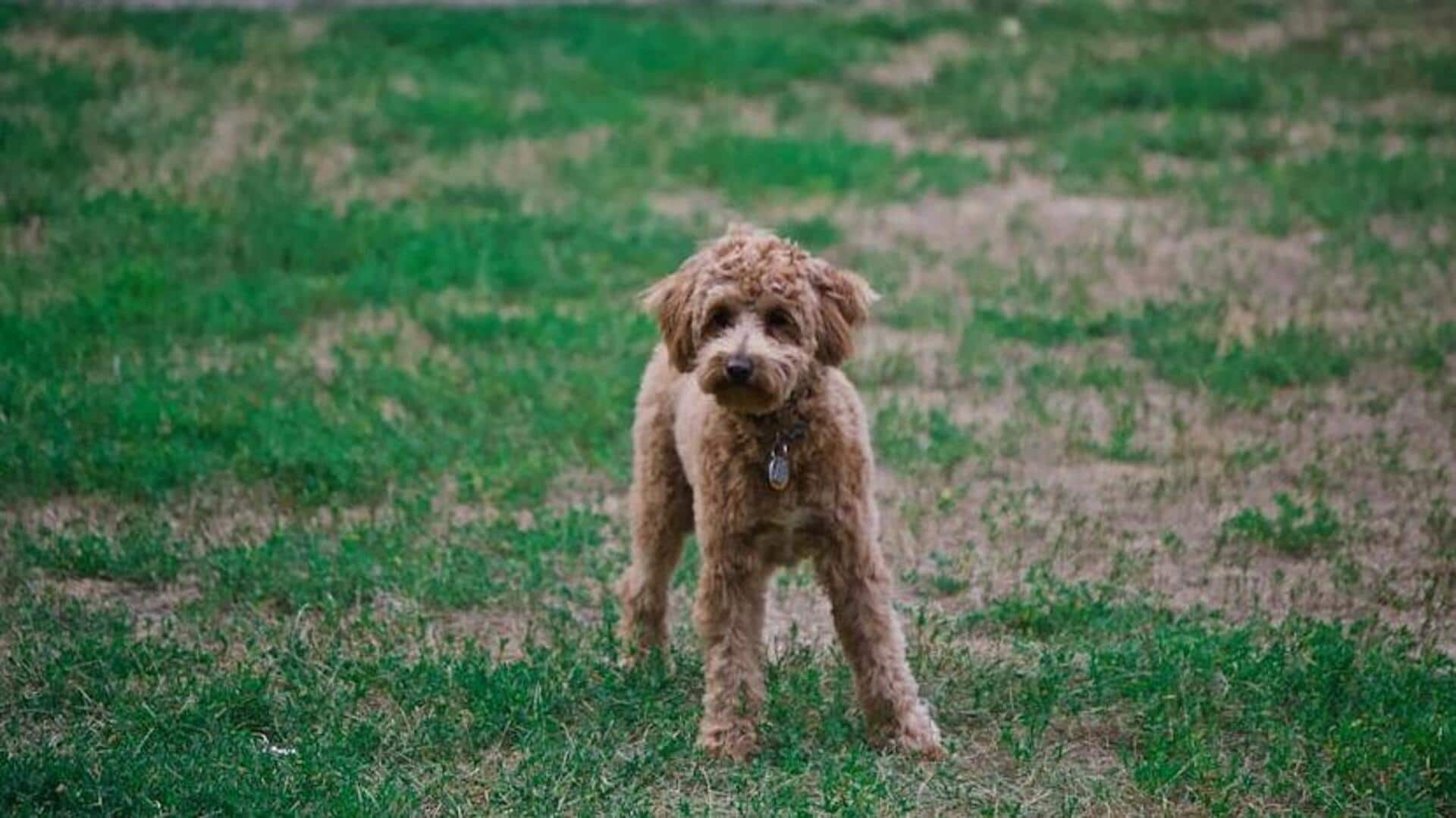
Essential diet tips for your Teacup Poodle
What's the story
The Teacup Poodle, a notably small yet energetic breed, thrives on companionship and displays remarkable intelligence. Their affectionate demeanor endears them to many. Despite their diminutive stature, they possess an energy level that belies their size, making it imperative to manage their diet with precision. Proper nutrition is key to sustaining their health and supporting the vitality that Teacup Poodles are known for.
Tip 1
Balanced nutritional needs
Teacup Poodles need a diet that's high in protein to foster muscle development and ensure their muscles are well-maintained. With their notably small stomachs, it's important to provide them with frequent meals that are small in portion size. Care must be taken to prevent overfeeding, as their tiny frames are at risk of obesity, which can precipitate significant health complications.
Tip 2
Hypoglycemia prevention
Teacup Poodles are at risk for hypoglycemia, or low blood sugar. To prevent this serious condition, it's essential to feed them multiple small meals throughout the day on a consistent schedule. This approach helps to keep their blood sugar levels stable. Including complex carbohydrates in their meals is beneficial, as these nutrients are digested slowly and aid in maintaining blood sugar balance.
Tip 3
Appropriate kibble size
Teacup Poodles have small mouths and teeth, necessitating specially designed small-breed kibble. This kibble is not just easier for them to chew and digest, but it also promotes dental health. Smaller kibble helps prevent tartar buildup, which is crucial for maintaining the overall health of their delicate dental structures. It's an essential part of their diet that supports both nutrition and oral hygiene.
Tip 4
Hydration is key
Teacup Poodles are highly susceptible to dehydration due to their small size. Providing constant access to clean water is crucial, particularly after meals or playtime. Their petite frames mean they can dehydrate quickly, so it's important to monitor their water intake closely. Ensuring they drink enough supports their health and prevents the rapid loss of fluids that can occur with such tiny breeds.